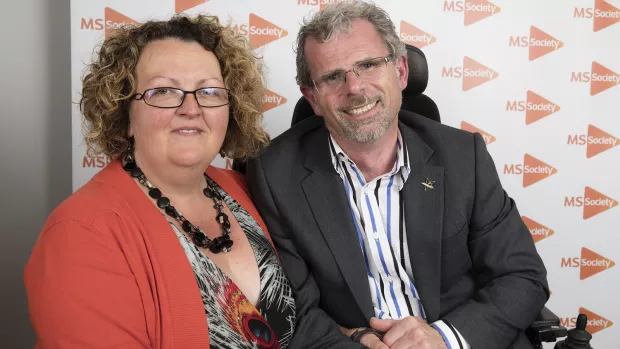
Low-dose naltrexone (LDN)
Early research suggests that naltrexone given at low doses could have anti-inflammatory effects. But so far we don't have any strong evidence that it could be beneficial for people with MS.
Find out more about LDN
What is LDN?
Naltrexone is licensed to help treat people who are addicted to opiates, such as heroin. Advocates of its use suggest it should be given at a much lower dose (10-50 times lower) to treat MS.
What is the latest research about LDN?
In autumn 2011 we carried out a review of the evidence for LDN as a potential treatment for MS. So far there have been three trials in MS, and our report concluded that:
- These trials were not long enough to fully assess the benefits of LDN for people with MS
- There was no evidence that LDN could reduce levels of disability or slow progression of MS
- There is no evidence to indicate what dose of LDN might be most beneficial for people with MS
- The effects of LDN on MS were unclear: one study reported no benefit to people with MS while the other reported some quality of life benefits
We need to see more research that fully evaluates the potential benefits of LDN for people with MS.
Should I try LDN?
LDN is not a licensed treatment in the UK. We support an evidence-based approach to research, and we don't recommend that people take unproven treatments outside of a properly regulated clinical trial.
Some people with MS in the UK may have been prescribed LDN by their own GPs, but many are reluctant to prescribe LDN in the absence of phase 3 clinical trial evidence that the drug is clinically beneficial.
We have 12 disease-modifying therapies (DMTs) for relapsing MS and a number of promising treatments for progressive MS in clinical trials.



